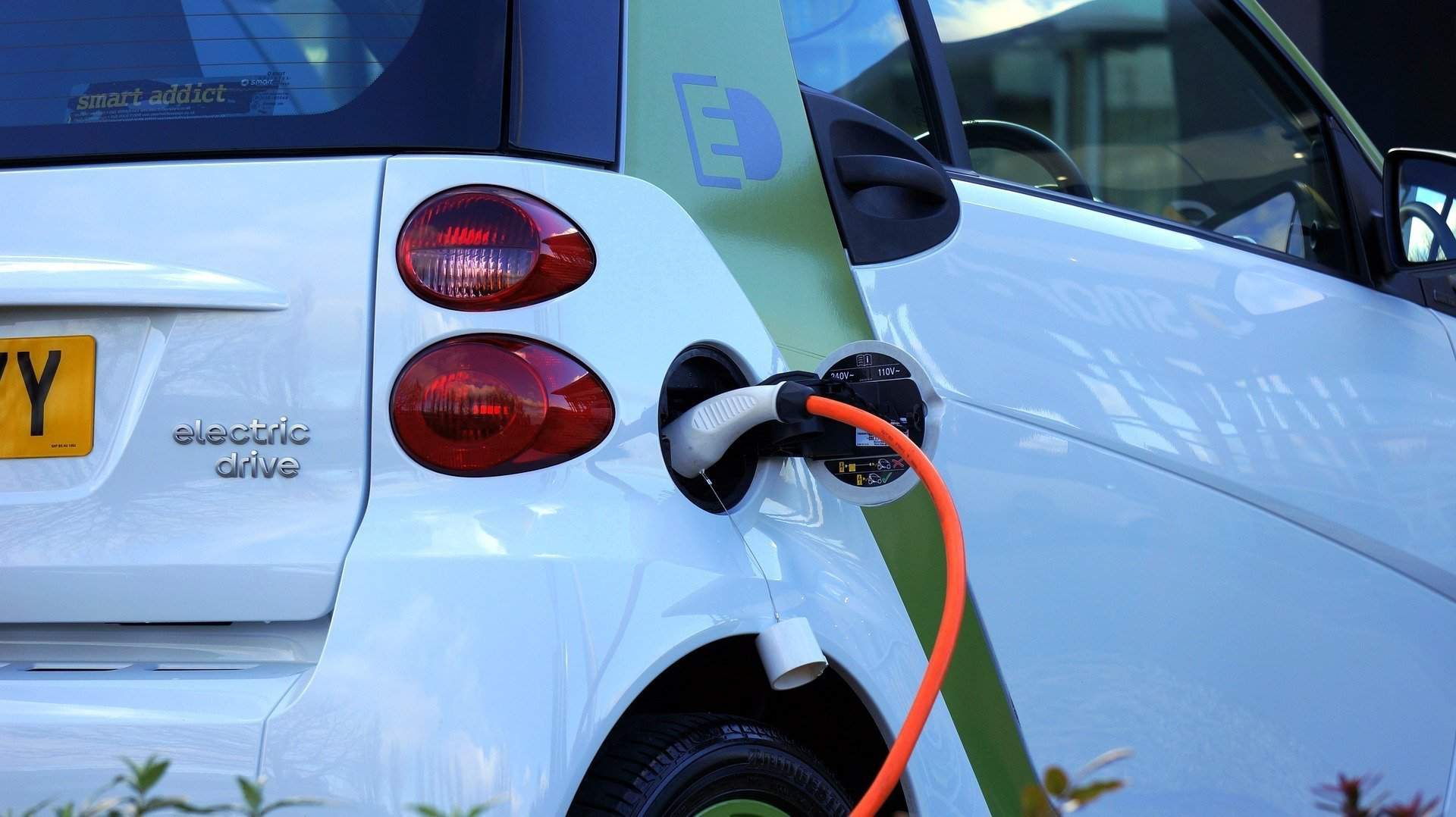Hungarian minister would like to strengthen European EV sector

Targeted European Union funding for EVs would be key to securing the bloc’s green transition, the minister of national economy told a conference of the Hungarian Business Leaders Forum in Budapest on Friday.
Márton Nagy said “the time for generic incentives is over”. Since the EU will only allow the sale of electric of hydrogen-fuelled vehicles from 2035, the transition must be subsidised, he said.
The number of EVs reached 14 million in 2023, 58 percent of which were sold in China, Nagy said. Nearly 30 percent of new cars sold in China in 2022 were electric, while the same ratio came to 21 percent in Europe and 8 percent in the US, he added.
State support for EVs globally have reached 30-40 billion dollars, with China topping that list, followed by Europe, he said.
While leading car manufacturers are working to break the Chinese hegemony by setting up facilities in Germany, Italy and France, the spread of EVs has been hampered by high prices, expensive insurance, high repair costs and fast depreciation, Nagy said. German companies’ green transition is being hindered by global competition, red tape, high energy prices and financial difficulties, he added.
Meanwhile, Hungary’s battery exports were the highest as a proportion of GDP, while vehicle exports were the fourth highest in the EU, he said.
The country is on track to become one of the largest battery manufacturers in the world, with more than 80 percent of new investments part of the “EV ecosystem”, he said.
At the same time, Nagy said the falling competitiveness of German car manufacturing industry presented a “serious danger” to Hungary’s vehicle and battery manufacturing sector. Hungary’s car manufacturing and battery exports slowed in the last quarter of 2023 due to a fall in German EV manufacturing, he added.
An EU level support scheme for e-car purchases would give a competitive edge to European manufacturing, he said.
When it takes over the rotating EU presidency in July, Hungary will propose such a scheme, he said, adding that the proposal would need to be unanimously adopted by member states.
Read also:

